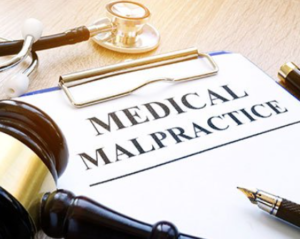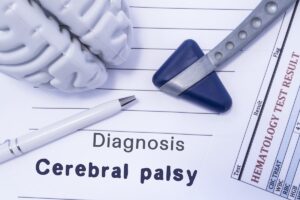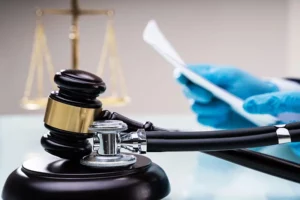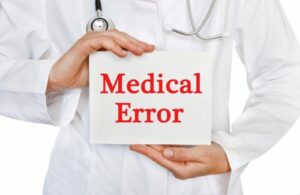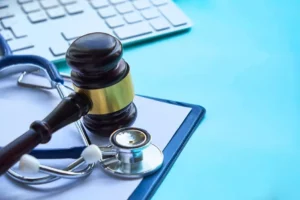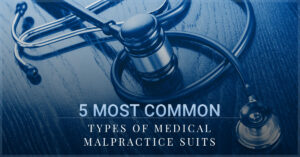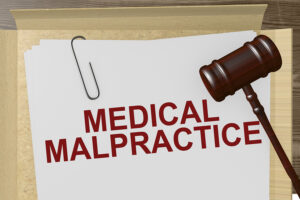Medical malpractice is a term that many people have heard, but few truly understand the extent of its dangers. It refers to a situation where healthcare professionals, doctors, or hospitals provide substandard care that results in harm or injury to the patient. The results can have a profound impact, affecting both the physical and emotional well-being significantly. It is crucial for individuals to be aware of the hidden dangers of medical malpractice and the steps they can take to protect themselves.
Causes of Medical Malpractice
Numerous factors play a role in medical malpractice. One common cause is a lack of communication between healthcare providers. When there is a breakdown in communication, crucial information can be missed or misunderstood, leading to serious errors.
Another cause is inadequate training. Medical professionals who are not properly trained or certified may not have the necessary skills to provide appropriate care. Lastly, medical negligence, such as failing to follow established protocols or guidelines, can also contribute to medical malpractice cases.
Common Types of Medical Malpractice
Medical malpractice can manifest in various forms. Misdiagnosis occurs when a healthcare provider fails to accurately identify a patient’s condition, resulting in delayed or incorrect treatment. Surgical errors, such as performing the wrong procedure or leaving surgical instruments inside the patient’s body, are another common type of malpractice.
Medication mistakes, such as administering the wrong dosage or prescribing the wrong medication, can also have severe consequences. Additionally, birth injuries caused by medical negligence during pregnancy, labor, or delivery can lead to lifelong disabilities.
Consequences of Medical Malpractice
The consequences of medical malpractice can be far-reaching. Patients may suffer physical harm, such as permanent injuries or even death, as a result of substandard care. The emotional and psychological impact can also be significant, causing trauma, anxiety, or depression. Additionally, medical malpractice can result in significant financial burdens, including medical expenses, lost wages, and ongoing treatment costs. Moreover, experiencing medical malpractice can lead to a loss of trust in the healthcare system, making individuals hesitant to seek necessary medical care.
Legal Aspects of Medical Malpractice
Seeking legal recourse for medical malpractice can be a complex process. To establish a successful malpractice claim, certain elements must be met, such as proving the existence of a doctor-patient relationship and demonstrating that the healthcare provider breached the standard of care. It is also essential to understand the statute of limitations, which limits the timeframe in which legal action can be taken.
Finally, victims of medical malpractice may be entitled to compensation for their injuries and losses, including medical expenses, pain and suffering, and lost wages.
Prevention and Steps to Take
While medical malpractice is a serious issue, there are steps individuals can take to protect themselves. Effective communication with healthcare providers is crucial. It is essential to openly discuss concerns, ask questions, and ensure that all information is understood. Seeking second opinions can provide additional perspectives and help validate or challenge a diagnosis or treatment plan. Understanding medical procedures and risks is also important to make informed decisions about healthcare. Finally, in the event of suspected medical malpractice, individuals should consider filing a complaint or lawsuit to seek justice and hold responsible parties accountable.
In conclusion, medical malpractice is a hidden danger that individuals must be aware of. The consequences can be life-altering, impacting patients physically, emotionally, and financially. By understanding the causes, types, and legal aspects of medical malpractice, individuals can take steps to protect themselves and seek appropriate recourse. It is essential to advocate for quality healthcare and ensure that healthcare professionals are held accountable for the harm they cause. Together, we can work towards a safer and more reliable healthcare system.
SPECTOR LAW GROUP
(410) 321-6200
“THE VOICE OF THE VICTIM”




